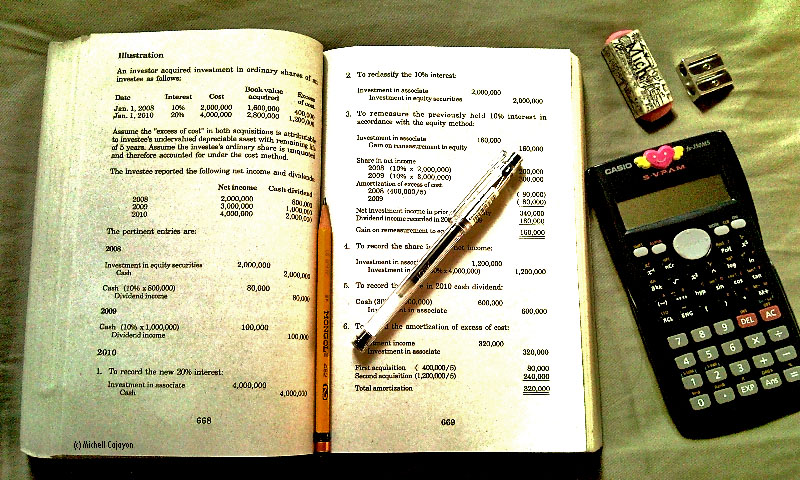As always with anything I write about financial transactions, please remember I’m not an accountant and that this is based on my lay understanding. To read the accounts for yourself, please follow this link.
Please also be aware that these are the accounts for the entire group; not just Blues. The club accounts should be published by the end of December.
Headline figures
We already knew from a previous announcement made by Birmingham Sports Holdings that losses would be significantly reduced, with the final figure coming out at HK$111.829M (around £10.5M), a massive reduction on the losses of HK$266.484M (about £25.2M) the year before.
Coronavirus meant that revenues for BSH dropped fairly significantly from HK$231.529M to $165.023M. Although commercial revenue and broadcasting revenues rose a touch, the loss of HK$45.745M (around £4.3M) in matchday receipts meant that revenues as a whole dropped by nearly 30%.
Coupled with a slight rise in expenses, the drop in revenues would have been horrific had the sale of Jude Bellingham not gone through, with HK$276.854M profit (£26.2M) coming from player transfers.
However, there is a silver lining with the drop in football club revenue. Last season only 77.21% of revenue for the company came from the football club, which makes the separation of the club from the listed company a touch more tangible.
That bveing said, the amount of revenue from the other segments of the company are small and on June 4, BSH ditched its lottery subsidy entirely to an unnamed third party for HK$4.6M (about £435,000). This is a bit of a loss from the HK$30M required to buy the lottery company in the first place and none of the “guaranteed profit” mentioned in the original announcement appeared to service.
Borrowings
One of the things I noticed in the accounts is the amount of borrowings owed by BSH has dropped fairly significantly. BSH paid off two loans earlier this year with a share subscription, and now have only HK$293.76M (about £27.7M) in drawn borrowings – a significant drop from last year’s figure of HK$487.442M (about £46.1M).
Interestingly, most of these borrowings are now owed by the club rather than BSH directly.
We already know that BCFC borrowed a sum of about £17M from Macquarie Bank against the transfer instalments still to be paid for Che Adams and Jude Bellingham; £14.3M of that is still owing. The accounts also show that BCFC took a loan from the football league of £8.3M which is interest free and to be repaid in six cash instalments up to January 2024. This is the same loan that Derby County were reported as failing to access.
It’s also shown in these accounts that Oriental Rainbow Investments Ltd is still owed HK$213.359M (about £20.2M) by BCFC. This loan comes from the partial sale of the club to ORI and has no set repayment date.
BSH now owes less than H$50M to Trillion Trophy Asia and less than HK$10M to other third party lenders; a significant improvement on years gone by.
In all, the picture BSH paints is one where they have plenty of space to borrow on loan facilities; however I must admit I’m concerned as a lot of borrowings are now being made directly by the club.
Covid related monies
It’s interesting also to note that there are a couple of coronavirus-related entries into the accounts.
In the other income section, it’s noted that BSH received HK$8.075M (about £764,000) in government subsidies to retain employees. This isn’t just furlough money received in the UK; monies have also been paid out in Hong Kong in similar schemes.
Some of this is publicly searchable; a search through the HMRC published list of companies claiming furlough shows that BCFC plc claimed between £135k and £275k in furlough payments, while a look at webb-site.com at the BSH management subsidiary BI Management shows that HK$810K was claimed there.
There is also a note to say that a subsidiary of BSH has lodged a claim for business interruption insurance, with £2.5M apparently to be paid out by the insurer. My assumption would be that the club made this claim.
Conclusion
I can already hear people asking me if these accounts are good news or bad news, and the truth is that would depend on what you consider as good or bad.
As a BSH shareholder, the drop in loss and in borrowings makes me think that these are actually good and show that despite a year lost to coronavirus the company isn’t on such a bad footing.
However, as a Blues fan I’m concerned that the club appears to be picking up debt as fast as BSH is dropping it, and I’m very concerned that the accounts seem to be dependent on a one-off event (the Bellingham sale) which ain’t going to happen for a long time.
I know there are people out there convinced that BSH are gearing up to sell Blues and I can sort of understand why they might think that. The fact that despite having a substantial amount of money to borrow should they want it, BSH aren’t using it suggests that they are slowing down funding into the club; couple that with China cracking down on football investment and some of the financial issues in that country it does kinda make sense that BSH might sell.
However, if it were possible to sell the club alone I’d be fearful of the price BSH would be asking for it, especially considering the amount of debt that seems to be floating around. The last few results seem to show that promotion remains an aspiration that might be too lofty for our current squad; if I was a buyer I’d be doing my best to convince the owners that it might be time to cut and run – especially if a way can be found to do it with them keeping the listing.


One thought on “BSH: Accounts Analysis End of Year June 2021”
Comments are closed.